Quality and quantity advances sought
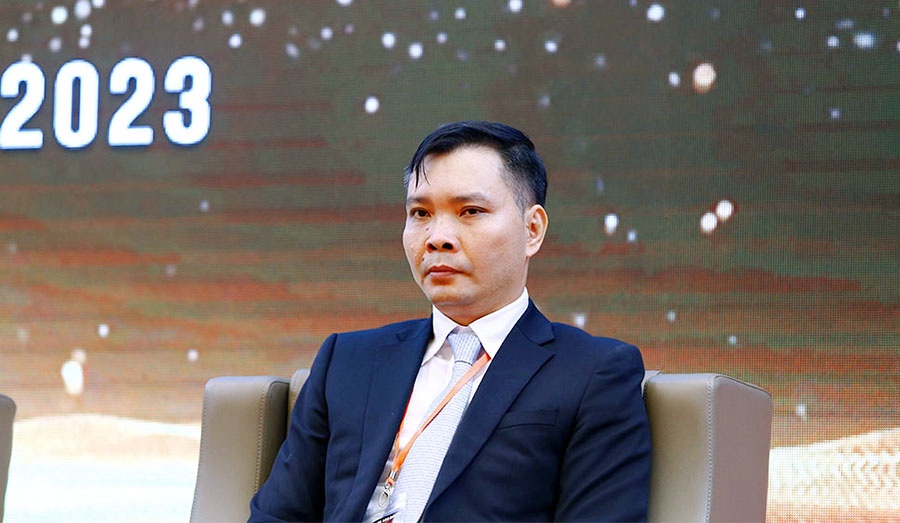 |
| Do Van Su, deputy director general of the Foreign Investment Agency under the Ministry of Planning and Investment |
Last week, Do Van Su, deputy director general of the Foreign Investment Agency under the Ministry of Planning and Investment, said the quality and quantity of foreign-headed projects have improved in recent years. “Although the number of large-scale projects has decreased due to the impact of many factors, the quantity of projects overall sees an average increase of 16-19 per cent per year. The average capital of projects is $16 million,” he said.
Statistics published by Su’s agency showed that in the first four months of 2023, Vietnam attracted 750 newly registered projects, 386 added-capital projects, and 1,044 paid-in capital, signifying increases of 65.2, 19.5, and 1.8 per cent on-year, respectively.
The results are deemed positive in the context that global foreign investment capital inflow is forecasted to dip this year. In addition, these positive achievements are the result of the government’s effort to improve the business environment.
The government has set ambitious targets that in 2021-2025, Vietnam expects to lure a total registered capital of $150-200 billion and the disbursed capital of $100-150 billion. In 2026-2030, the registered capital is expected to reach $200-300 billion and the disbursed capital would be $150-200 billion.
The government and localities are accompanying investors to listen to their difficulties to issue solutions on time. For example, at a meeting with foreign-invested enterprises last month, Prime Minister Pham Minh Chinh said those who have been operating in Vietnam have also felt the sharing, understanding, and consistency of the Vietnamese government in the process of directing and implementing policies relating to foreign investments. The government still continues to review institutions and laws, and further improve the business environment on the principle of harmonising benefits, and sharing risks.
Vietnam’s attractive policies and favourable demographics also make it a market of choice for many investors and businesses from the United States and EU.
Vu Tu Thanh, deputy regional managing director and Vietnam chief representative at the US-ASEAN Business Council, said many US corporations have plans to arrive in Vietnam later this year to study opportunities via participating in high-level delegations of the government.
“Many corporations ask me about the procedures for renting facilities in Vietnam, and they want to immediately shift machinery and manufacturing lines to start operations to meet the demand of their partners. A top US bank has the intention to move its headquarters from Hong Kong to Vietnam because its customers are shifting their operations here,” Thanh said.
According to Thanh, in the logistics sector, UPS has plans to invest in six aeroplanes to expand its operation in Vietnam, while Marriott International has intentions to make Vietnam its largest market in ASEAN in the upcoming years. Marriott’s senior leader has proposed a meeting with the Vietnamese government’s leader in September.
Although the potential is available, many investors are still hesitant about some risks of the Vietnamese business environment related to the transparency of administrative procedures, tax system and procedures, and the legal system, among others.
According to information from the European Chamber of Commerce in Vietnam, 36 per cent of EU firms state that Vietnam is one of their top global funding destinations. However, to take these opportunities, the government needs to drastically resolve barriers. The current international investment trend focuses on the high-tech, green economy, and circular economy, which is a long-term strategy. Thus, Vietnam needs to ensure the stability in the business environment and avoid inconsistency and consecutive change in policies, it said.
| Raymond Gordon - Vice chancellor and president British University Vietnam | |
Investments in education, especially higher education, are large, long-term capital investments, so this is not a very hot field for attracting investment. But this is one of the important areas in life and business because it affects the quality of human resources. I see Vietnam as a gem or diamond in Asia, in terms of investment opportunities in education. Asia is very densely populated, and the higher education sector has many names in high-quality education. In Vietnam, there are many prestigious public universities, but investment in international higher education is still a promising land as it is always given attention by the Vietnamese. Although the opportunities are open and the potential is visible, there are risks, so choosing a suitable and sustainable way of doing things depends on every investor. The key issue here is that the legal framework and regulations have improved, but not quickly enough. Vietnam needs to improve regulations and ways to draw more FDI in education, contributing to improving the quality of human resources and serving socioeconomic development. I believe that in the future there will be more high-class and high-quality universities presenting and operating in Vietnam. | |
| Doan Dinh Duy Khuong - CEO, DHG Pharma | |
Despite headwinds in both domestic and global markets from 2022 until present, our company continued in pole position in the domestic pharmaceutical industry in the first quarter of this year, with 15 per cent hike in net profit and 41 per cent jump in post-tax profit on-year. The prime factor instrumental to DHG Pharma’s stellar performance during the period is its well-conceived production and business plans, material storage, and lucid medium- and long-term business strategies. Other aspects are our extensive distribution network stretching across the country and a strong sales force. In 2023, the company is set to continue focusing on upgrading production lines following global GMP standards and maintaining domestic standards; further bolstering the position and competitive advantage of DHG Pharma as a pharmaceutical multinational. Efforts will also be exerted into promoting research and development. | |
| Trang Le - Head of Research and Consulting JLL Vietnam | |
JLL has been present in Vietnam for nearly 20 years. During this time, we have noticed that there have been clear and positive changes in the quality of industrial infrastructure, especially in the last five years. In 2018, we had the opportunity to work with a large-scale global investment fund, and at that time they started to look at the development potential of the industrial real estate sector in Vietnam. The participation of that foreign investor in the Vietnamese market after that led many other investors flooding into the market. More importantly, foreign investors entering the Vietnamese market have brought new industrial real estate development standards into Vietnam. We now have factories and warehouses of comparable quality to other countries in the region. Some projects even have integrated green criteria and green functions into their development and operation. We also see that the inflow of foreign investment also brings the demand for green development of manufacturers. And this has raised the quality of industrial real estate. To draw FDI, it is needed to focus on factors such as promoting the completion of legal procedures for investment, improving the quality of infrastructure for production, developing the real estate market, and improving human resources to be able to absorb foreign capital flows, especially in the manufacturing sector. This will make Vietnam one of the most open economies in Southeast Asia. As the economy grows and opens, the requirement and urgency of improving factors from administrative procedures, and infrastructure quality to human resource are also increasingly important and need to be further strengthened. We must determine improvements to be made in practice, not just on paper. | |
| Khuat Quang Hung - Director of Corporate Affairs Nestlé Vietnam | |
In Vietnam, Nestlé’s hardware and software investments are all tailored towards sustainable development. Hardware investments are investments in factories, apparatus, and technology; the total value of these investments has reached approximately $730 million. In addition, the software investment is substantial, relating to the training of individuals through common value creation programmes and sustainable procurement. For instance, under the Nestlé Plan, the company annually purchases between $700 million and $1 billion worth of coffee from Vietnam. These funds are invested directly in the regional economy. And this is significantly larger than the hardware expenditure. Nestlé strives to utilise the capacity and creativity of the Vietnamese people, as well as Vietnamese inputs. Since Nestlé not only produces products for the Vietnamese market, but also produces and processes coffee for other global markets, the company has developed a sustainable purchasing initiative with a very high level of commitment. Currently, Nestlé processes coffee for numerous world-renowned brands, with the European, South Korean, and Japanese markets having the highest standards. Through collaboration with political parties, the government, scientists, and farmers, we aim to maximise the benefits to the community and society. Nestlé is making investments in expansion in Vietnam, and the process is relatively straightforward, but the expansion plan in the southern province of Dong Nai faces obstacles, such as the state management agency’s approval of the fire protection system. We hope that these issues will be resolved rapidly so that Nestlé can proceed with our expansion as planned. | |
| Choi Joo Ho - CEO, Samsung Vietnam | |
At present, more than half of all Samsung smartphones selling around the world are made in Vietnam. The nation has grown significantly to become a key player in the production of mobile phones globally. IT businesses around the world are seriously watching Vietnam, acknowledging it as a leading manufacturing hub for mobile phones. Additionally, Samsung constitutes about 20 per cent of Vietnam’s total export turnover every year, directly and indirectly creating high-quality jobs for about 300,000 employees and contributing to improving the lives of Vietnamese people. Thanks in part to the presence of Samsung, the two provinces of Bac Ninh and Thai Nguyen, which were previously totally dependent on agriculture, have entirely changed to become the main production hubs of IT equipment and the top localities in Vietnam in terms of regional GDP. Vietnam and Samsung have written a memorable win-win success story, leading some to state that Samsung’s success is Vietnam’s success. Samsung’s success is made possible by the comprehensive support of the Vietnamese government and the local authorities. However, Vietnam’s competitiveness in attracting foreign investment is also threatened. Samsung Vietnam proposes some ideas to enhance the competitiveness and sustainable development of Vietnam and its foreign-invested enterprises (FIEs). The first is for the government to continuously improve the investment environment. The global minimum tax is a prime example of the most significant external environmental changes. If Vietnam also applies these policies, it could eliminate instability in the business activities of affected FIEs. Samsung expects the Vietnamese government to continue creating a predictable business environment in line with global standards and the recent change in the investment climate. The second idea is building trust between the Vietnamese government and businesses. The government has implemented the support policies promised after Samsung’s investment, and as a result, Samsung benefits from the best business environment. While investing in Vietnam, Samsung has also fully met its commitments, such as creating jobs and developing co-prosperity with Vietnamese businesses. | |
| Le Nguyen Doan Duy - Business development director Asia Ingredients Group (AIG) | |
Vietnam has long been well-known in the world market for its key agricultural products such as rice, coffee, coconut, cassava, and pepper, to name but a few. Thanks to luxuriant raw materials, competitive prices, and an open investment policy, Vietnamese agriproducts are received by the international market. However, local agriculture exports huge amounts annually, but the vast majority contribute just a small amount of the total value. The processed food, beverage, and instant noodle industries have a high need for ingredients. Thus, we must concentrate on generating a wider variety of components from native raw material locations. Currently, AIG has pioneered manufacturing food ingredients from local agricultural products, including coconut and cassava, taking advantage of current expansive organic material areas in Ben Tre, Tra Vinh, and Nghe An, rising into one of the leading businesses in the field. It is necessary for domestic businesses to establish a suitable ecosystem to develop the industry sustainably. AIG consistently focuses on developing safe and high-quality raw materials; modern technology, equipment and human resources. It also has well-conceived facilities and infrastructure solutions and a research and development base that can timely grasp market trends. Besides member units as Asia Coconut Processing JSC or Asia Hoa Son JSC, AIG Group owns an ecosystem of six companies producing and supplying assorted kinds of materials for the food industry, functional foods, beverages, dairy products, seafood, pharmaceuticals and confectionery. This enables us to confidently introduce foreign partners and investors to potential opportunities. Domestic corporations and foreign funding are important in developing high-quality raw material areas, building food processing factories, and processing agricultural product lines matching international standards, as well as promoting supply chain development of food ingredients to meet the needs of domestic consumption. | |
| Ha Do - Partner, IGH and ESG Head KPMG Vietnam and Cambodia | |
In the current foreign investment landscape, an increasingly important factor is environmental, social, and governance (ESG). In terms of the environment, there are many investors in the energy sector who come to KPMG and say that they cannot commit to investing in Vietnam without the assurance of reducing at least half of energy consumption as green energy. In real estate, more and more investors are asking to locate their headquarters in buildings with Green Building Certification. Another factor that is also very relevant to manufacturing enterprises is the Carbon Border Adjustment Mechanism that will be in operation from October this year. In terms of social and governance, in the last 18-24 months, KPMG has received many requests from global companies to inspect their potential suppliers for responsible sourcing, safety, use of child labour, ensuring fair treatment, and gender equality. If Vietnamese suppliers do not meet those needs, companies will look for new partners. KPMG is also involved in consulting on many mergers and acquisitions activities in Vietnam. If in the past, customers only cared about financial appraisal, recently ESG compatibility is a decisive factor to invest or set investment limits. Last year, the government required 2,000 businesses in Vietnam to report on carbon emissions and provide a roadmap for reducing emissions. However, ESG in general is still a new concept in Vietnam, and KPMG wants to emphasise that this aspect is becoming vital. If Vietnam wants to become a bright spot in terms of investment attraction, we need timely measures both in terms of legal framework and human training to help Vietnamese businesses create a strong ESG environment. | |
| Michele Wee - CEO, Standard Chartered Bank (Vietnam) | |
Vietnam has ambitions to be a regional centre and a major player in global supply chains and international trade. This has accelerated Vietnam’s investment policies to encourage capital inflows. Vietnam has a large labour pool of a young and educated workforce that is still comparatively low in cost, so continued education is important. The government is progressive and open, dedicated to commerce and sustainable growth. Fortifying and optimising the multiple free trade agreements Vietnam has executed will encourage and support continued integration with global trade and modern supply chains. Also, political and policy stability should not be underestimated and is a key consideration for investors. In terms of Vietnam’s commitments, net-zero will draw the right investments into our country and also strengthen our product offerings and supporting exports. Furthermore, investors are looking at Vietnam’s market potential. With 100 million citizens, we are the 15th most populous country in the world. From this, the affluent and emerging affluent are increasing rapidly, which in itself makes the domestic market a very attractive and viable market for growth. | |
| Steven Wolstenholme - President and CEO Hoiana Resort & Golf | |
I appreciate the environment for foreign investors in Vietnam. It has open, friendly, and supportive policies for foreign-invested businesses. In Quang Nam, the planning and construction of infrastructure received significant attention and has been invested in smoothly, especially the traffic infrastructure. During the pandemic, tourism was the most affected industry, so the government and local authorities actively provided many solutions and policies to support us, such as reducing electricity fees, reducing land renting fees, and extending investment timelines. When the pandemic weakened, the authorities also quickly responded and adjusted policies, as well as providing many conferences and promotion programmes to help the industry recover. Hoiana Resort & Golf has taken the principle of project development in parallel with local development. Recruiting and developing local human resources is one of our top priorities. Currently, Hoiana has more than 2,000 employees, of which 70-80 per cent are employees from Danang or Quang Nam, with 15 per cent from other provinces, and around 5 per cent expats. | |
| Bui Trung Kien - Deputy chairman CME Solar Investment | |
Rooftop solar has become one of the most appealing areas to investors around the world. With the development of technology, the production and installation costs of rooftop solar power have decreased significantly. This has created multiple opportunities for investors around the world. To hail high-quality fresh capital flow in rooftop solar power sector, Vietnam needs to scale up investment into research and development. One of the radical solutions is strengthening cooperation between businesses and research institutions, helping to come up with new solutions to optimise efficiency and reduce investment costs. In addition, the government needs to promote legal frameworks to protect investor interests, while minimising risks. Generally, to attract new investment flow, Vietnam needs to have in place appropriate and attractive policies and a conducive business climate. However, one of the main challenges is that the investment environment is not yet complete and has not yet attracted high-quality foreign funding due to the limited regulations, legal procedures, and price policy. |
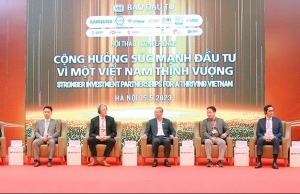 | Vietnam takes on pressures of foreign capital attraction While maintaining attractiveness to international investors, the imminent global minimum tax and international uncertainties are putting pressure on Vietnam, urging it to have breakthrough steps to foster new foreign inflows. |
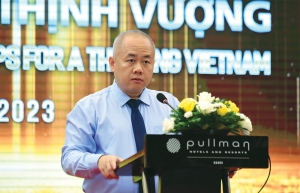 | Building on cooperation towards common prosperity With open and transparent attraction policies and a favourable, stable, and constantly improving business environment, Vietnam has gained many achievements in attracting foreign investment. |
What the stars mean:
★ Poor ★ ★ Promising ★★★ Good ★★★★ Very good ★★★★★ Exceptional
Related Contents
Latest News
More News
- SK Innovation-led consortium wins $2.3 billion LNG project in Nghe An (February 25, 2026 | 07:56)
- THACO opens $70 million manufacturing complex in Danang (February 25, 2026 | 07:54)
- Phu Quoc International Airport expansion approved to meet rising demand (February 24, 2026 | 10:00)
- Bac Giang International Logistics Centre faces land clearance barrier (February 24, 2026 | 08:00)
- Bright prospects abound in European investment (February 19, 2026 | 20:27)
- Internal strengths attest to commitment to progress (February 19, 2026 | 20:13)
- Vietnam, New Zealand seek level-up in ties (February 19, 2026 | 18:06)
- Untapped potential in relations with Indonesia (February 19, 2026 | 17:56)
- German strengths match Vietnamese aspirations (February 19, 2026 | 17:40)
- Kim Long Motor and AOJ Suzhou enter strategic partnership (February 16, 2026 | 13:27)

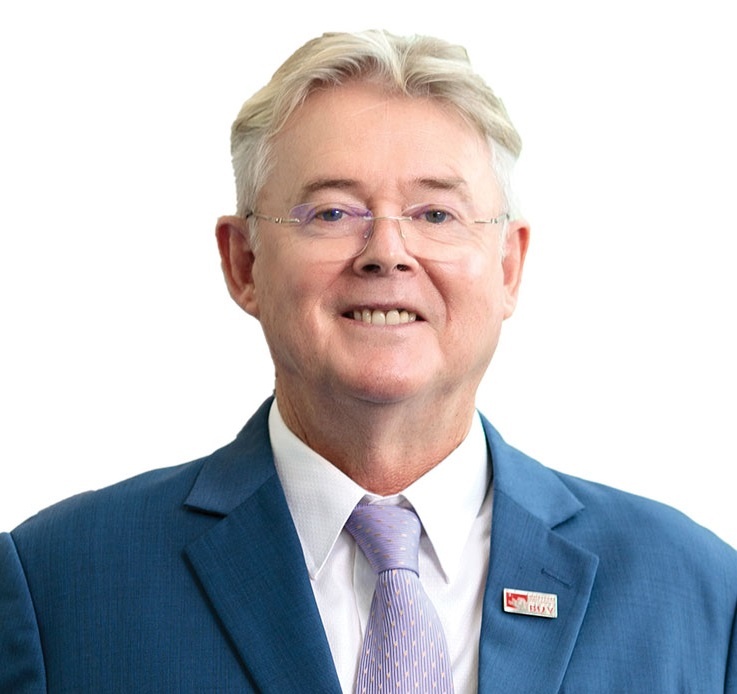
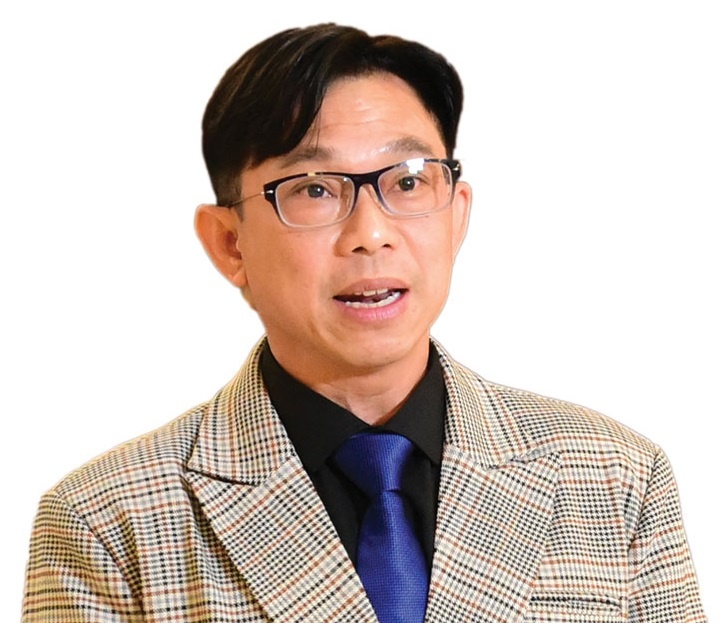

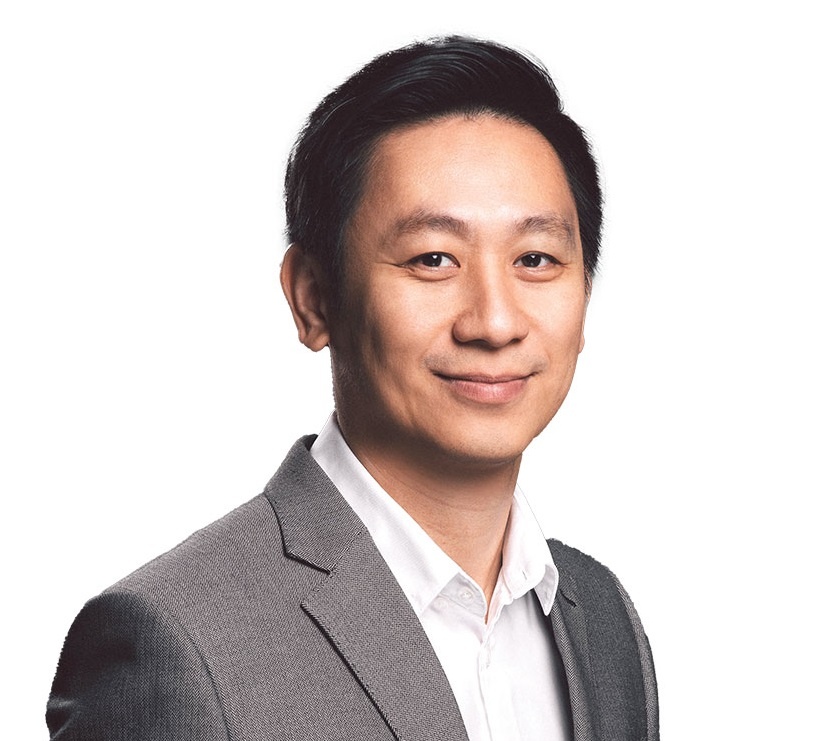
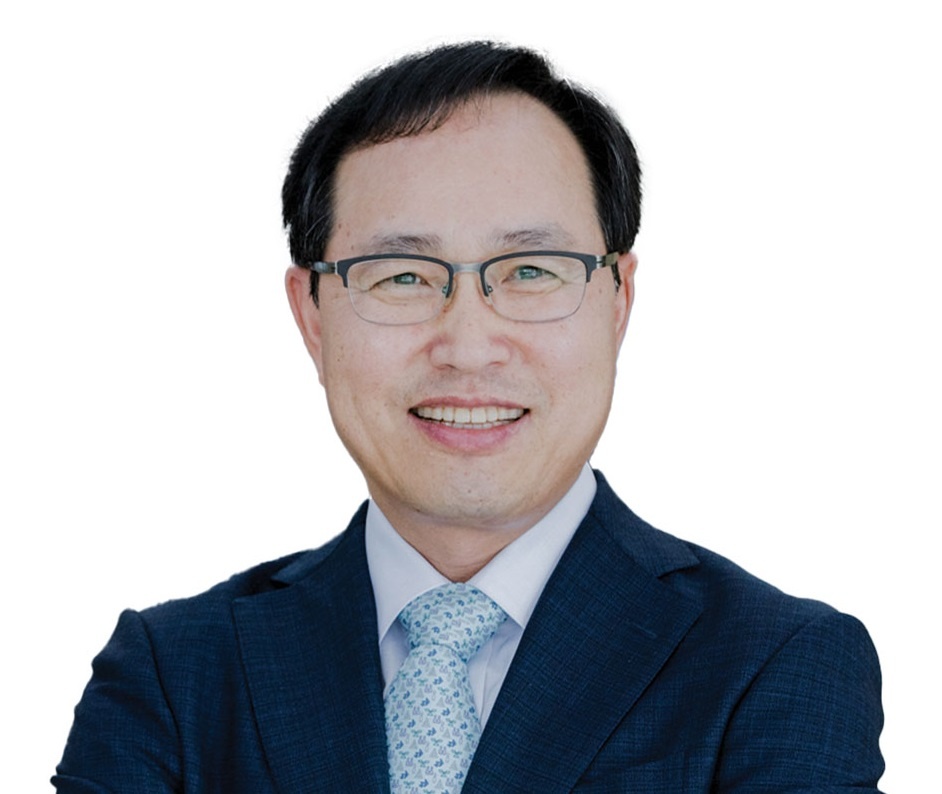
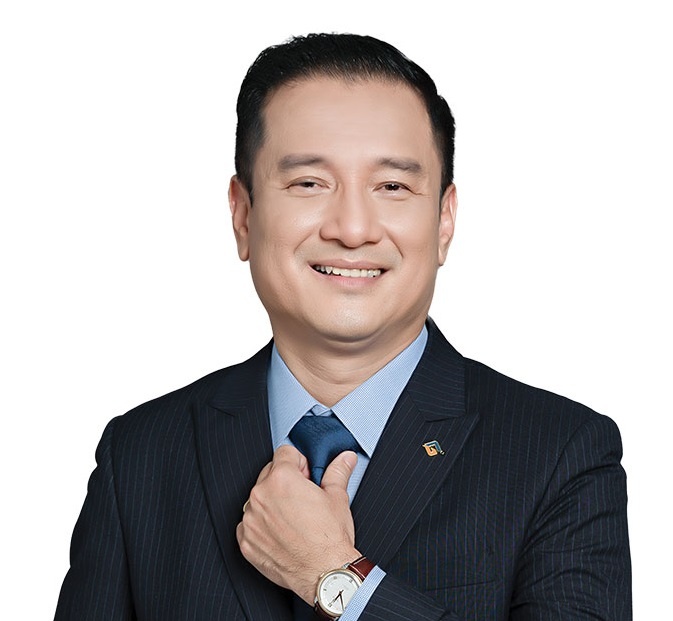
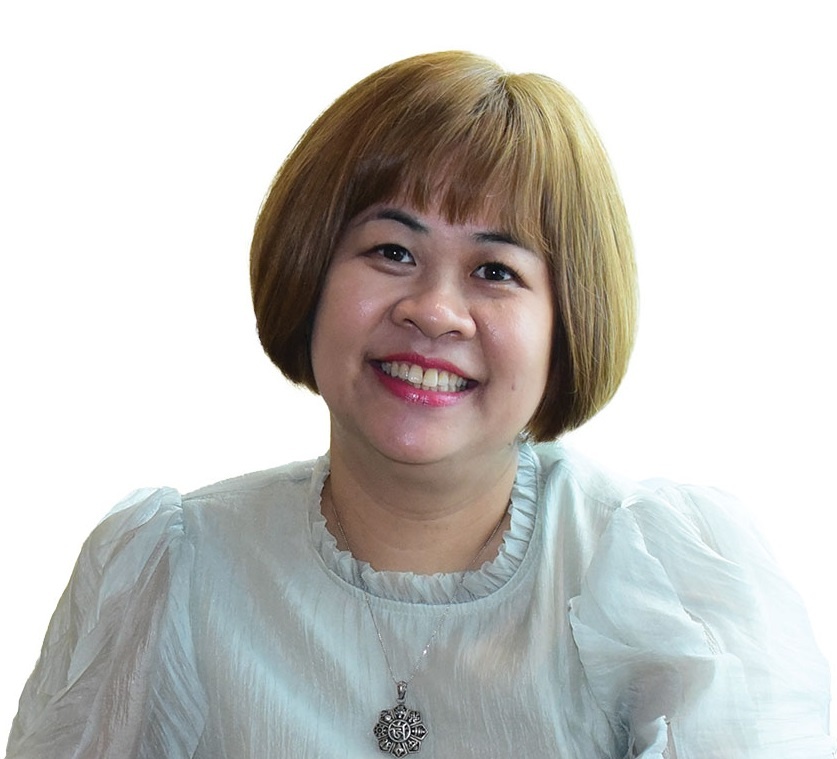
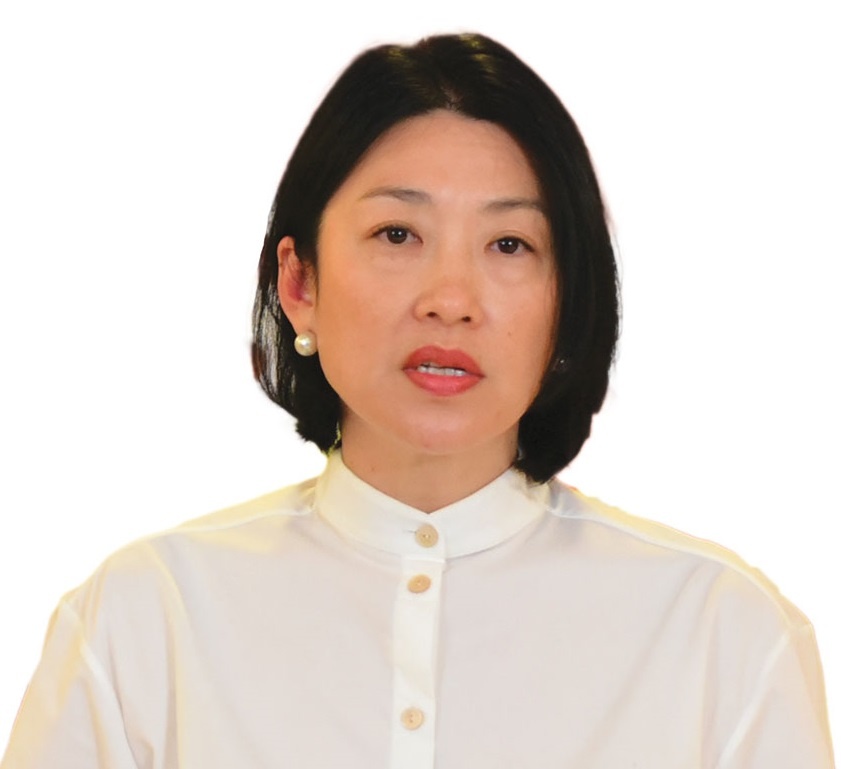
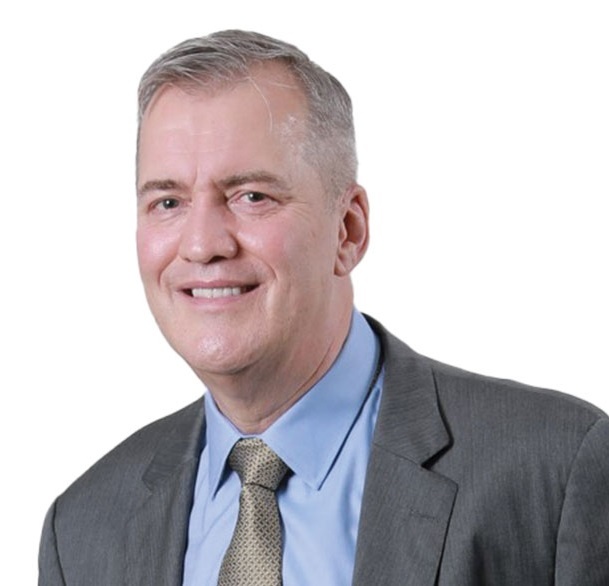
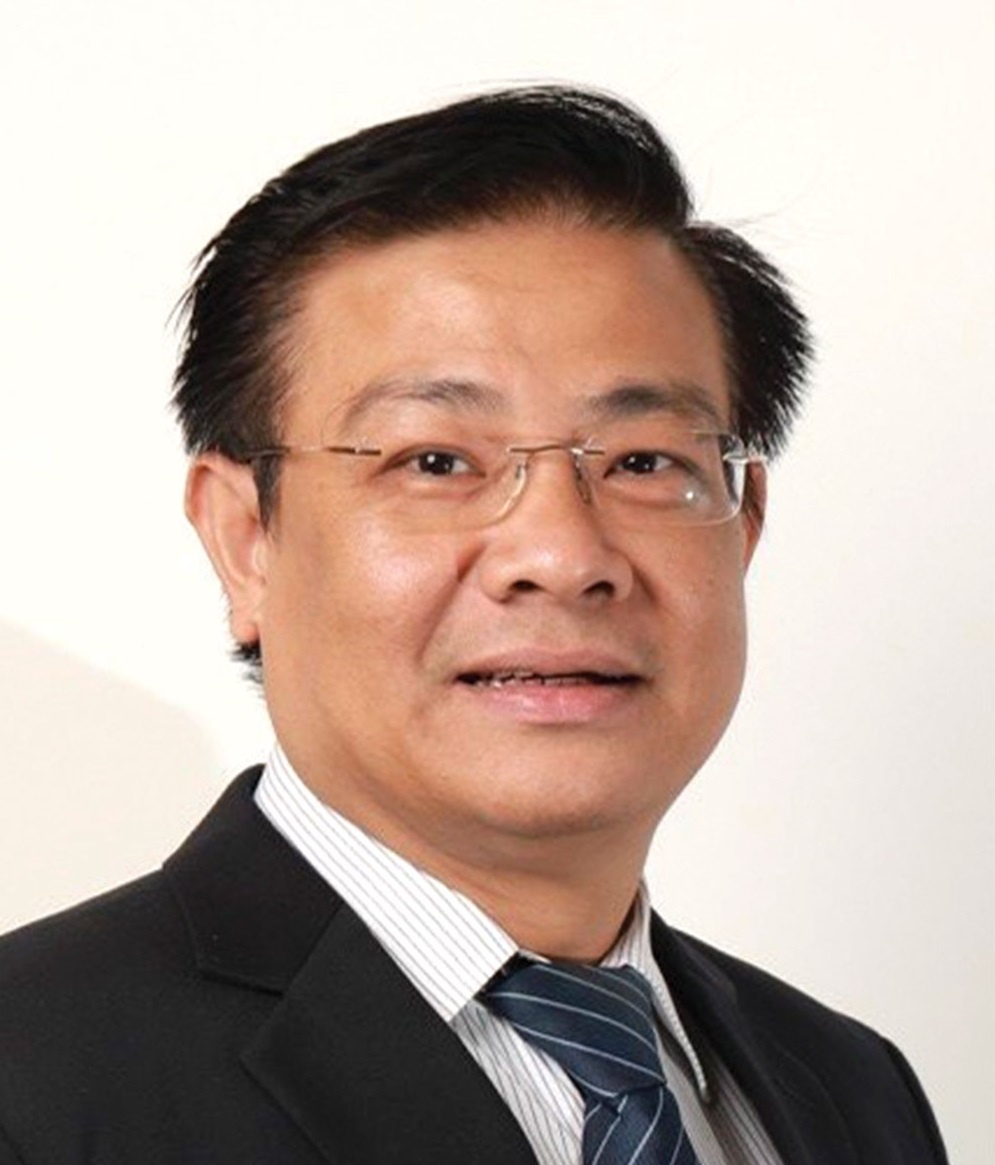
 Tag:
Tag:


















 Mobile Version
Mobile Version